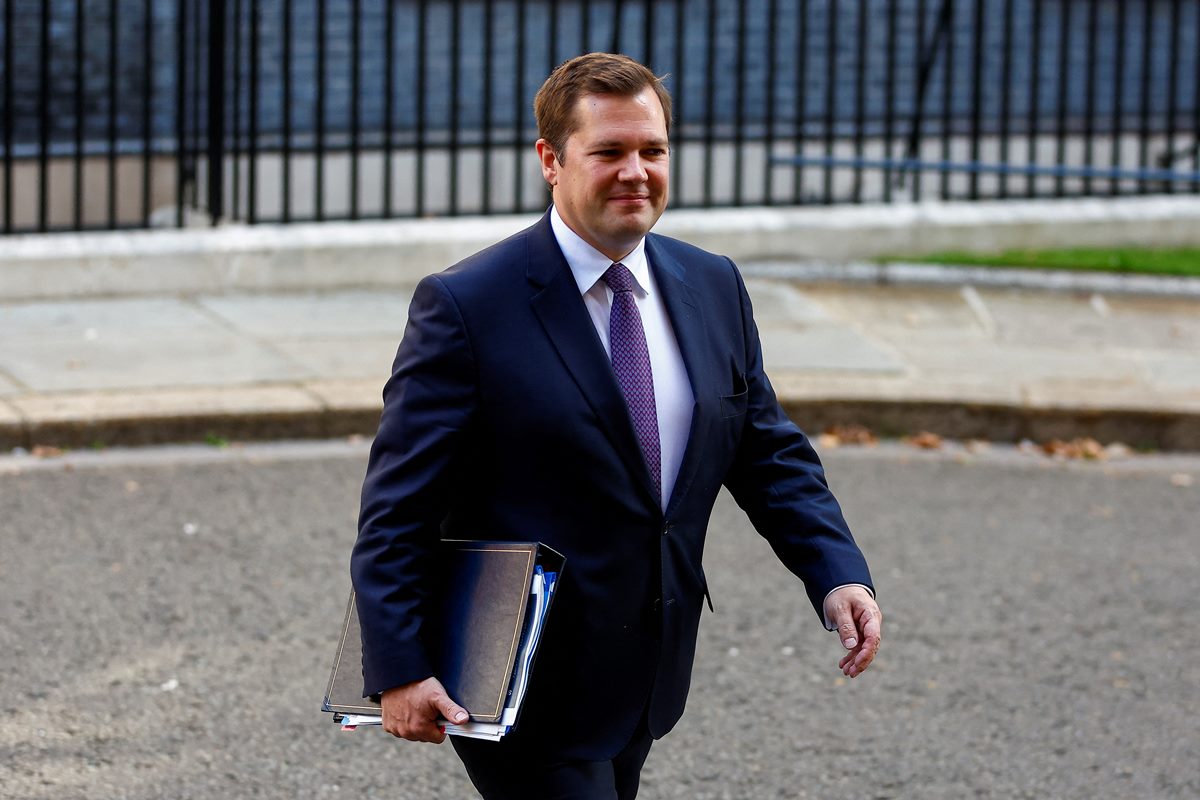In a significant development, UK Immigration Minister Robert Jenrick has resigned over the government’s proposed legislation regarding the Rwanda asylum transfer scheme. Jenrick stated that the new law “does not go far enough” in providing sufficient safeguards for the success of the policy. The government’s plan to transfer certain asylum seekers to Rwanda has faced extensive legal challenges since its announcement in April 2022. Despite the UK Supreme Court ruling the scheme unlawful, successive Home Secretaries have attempted to push it forward.
Jenrick, who serves within the Home Office, expressed his inability to support the latest draft bill through the legislative process, citing the need for stronger protections to prevent ongoing legal challenges that could hinder the scheme and undermine its intended deterrent effect. His resignation letter emphasised the high stakes involved in addressing illegal migration to the UK effectively.
Previously, Jenrick had publicly pledged to take any necessary measures to tackle illegal migration, including the possibility of withdrawing from the European Convention of Human Rights (ECHR). Some hardliner lawmakers within the Conservative Party, including former Home Secretary Suella Braverman, have advocated for the UK’s departure from the ECHR, arguing that it hampers the Rwanda policy.
The government’s newly unveiled legislation did not withdraw the UK from the ECHR but included a crucial caveat. Home Secretary James Cleverley acknowledged on the first page of the bill that he could not guarantee its compatibility with Convention rights. The bill also disallowed specific sections of the UK Human Rights Act, which incorporates ECHR rights into domestic law. Furthermore, a clause asserted the bill’s sovereignty and its independence from key international law instruments, including the ECHR and the Refugee Convention.
The opposition Labour Party strongly criticised the legislation, highlighting that this is the third draft presented by the government. Shadow Home Secretary Yvette Cooper described the government as being in a state of “total chaos” and called for a focus on combating criminal gangs involved in smuggling people into the UK.
Legal experts, including Professor Mark Elliot of the University of Cambridge, have also voiced criticism. Elliot argued that the bill is “hypocritical” as it assumes Rwanda’s compliance with international law obligations to treat asylum seekers humanely while allowing the UK to potentially breach its own obligations.
The Rwandan government issued a warning to the UK, threatening to withdraw from the partnership if the UK fails to adhere to international law. Rwandan Foreign Minister Vincent Biruta emphasised that without lawful behaviour by the UK, Rwanda would not be able to continue the Migration and Economic Development Partnership.
The next step for the bill is its debate in parliament during the “second reading” stage, where UK lawmakers will discuss its merits and potential implications.





